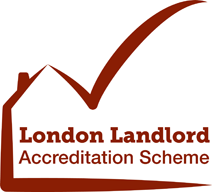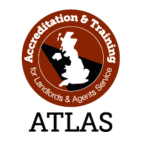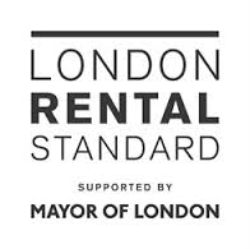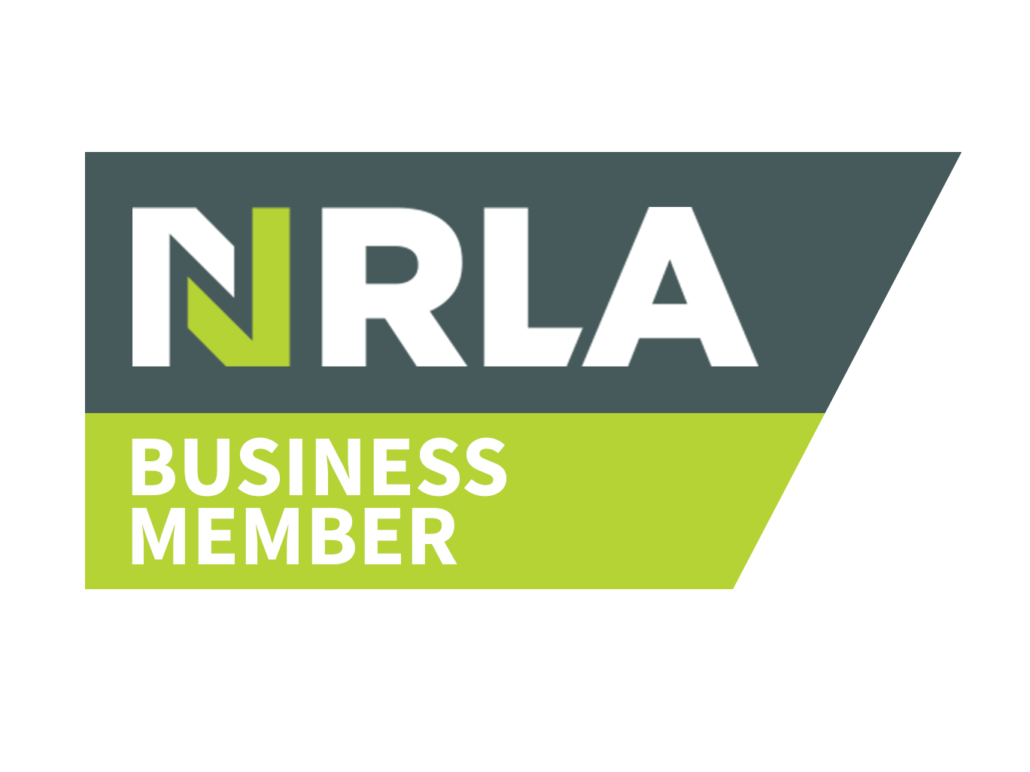The A to Z of London Landlord Laws: Guide for Property Owners
In the bustling and diverse landscape of London’s real estate market, navigating the intricate web of landlord laws is crucial for property owners. Understanding the legal framework ensures a harmonious relationship between landlords and tenants, protecting both parties and fostering a thriving rental market. In this comprehensive guide, we will explore the A to Z of London landlord laws, providing property owners with the essential knowledge to manage their investments effectively.
A – Assured Shorthold Tenancy (AST):
The majority of residential tenancies in London fall under the Assured Shorthold Tenancy agreement. This standard contract outlines the terms of the tenancy, including rent, deposit, and duration. Landlords must provide tenants with a copy of the government’s “How to Rent” guide and adhere to the regulations regarding eviction procedures.
B – Building Regulations:
Ensuring that your property complies with building regulations is fundamental. Regular maintenance and compliance with safety standards are not only legal requirements but also contribute to tenant satisfaction and well-being.
C – Council Tax:
Understanding your responsibilities regarding council tax is crucial. While tenants are typically responsible for paying council tax, it’s essential to clarify this in the tenancy agreement to avoid disputes.
D – Deposit Protection:
London landlords must protect their tenants’ deposits through a government-approved deposit protection scheme. This ensures that disputes over deposit deductions are handled fairly, providing transparency and security for both parties.
E – Energy Performance Certificate (EPC):
Before renting out a property, landlords must obtain an EPC, which rates the energy efficiency of the building. This certificate is a legal requirement and must be provided to prospective tenants.
F – Fire Safety Regulations:
Landlords must comply with fire safety regulations, including providing fire alarms, extinguishers, and escape routes. Regular inspections and maintenance are crucial to ensure a safe living environment for tenants.
G – Gas Safety:
Ensuring the safety of gas appliances is a legal obligation for landlords. Annual gas safety checks must be conducted by a Gas Safe registered engineer, with records kept for at least two years.
H – HMO (House in Multiple Occupation):
If you’re renting out a property to three or more people from different households, it may be classified as an HMO. Additional licensing and safety regulations apply to HMOs, including minimum room sizes and facilities.
I – Inventory:
Creating a detailed inventory at the beginning of a tenancy helps protect both landlords and tenants. It provides a clear record of the property’s condition and helps resolve disputes over damages at the end of the tenancy.
J – Joint Tenancy:
In joint tenancies, all tenants share equal responsibility for the property and the rent. Understanding the dynamics of joint tenancies is crucial for landlords to manage any potential conflicts or issues that may arise.
K – Key Regulations:
Landlords must be aware of regulations related to key issues such as rent increases, repairs, and access to the property. Knowing your rights and responsibilities as a landlord is essential for maintaining a positive landlord-tenant relationship.
L – Licensing:
Certain London boroughs require landlords to obtain a license for specific types of rental properties. Familiarizing yourself with local licensing requirements is crucial to avoid legal complications and potential fines.
Being a landlord in London comes with a myriad of legal responsibilities. From tenancy agreements to safety regulations, staying informed and compliant is essential for a successful and sustainable rental business. By understanding the A to Z of London landlord laws, property owners can navigate the complexities of the rental market, ensuring a positive and legally sound landlord-tenant relationship.

















